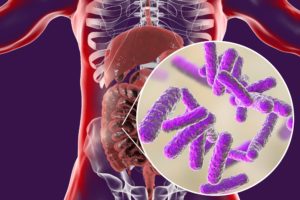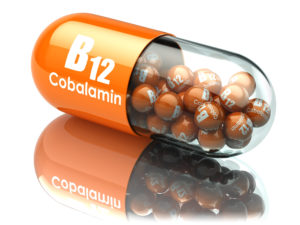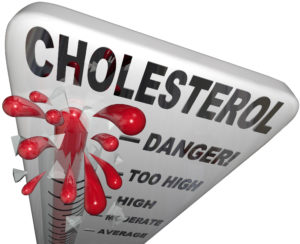The Role of Disease Management in Diabetes Care
 According to the Centers for Disease Control, diabetes is the most costly chronic condition in the United States. Diabetes is the 7th leading cause of death in the U.S. and affects over 34 million people in the country each year. Another 88 million are prediabetic, including 20% of American teenagers and 25% of adults aged 19-34. This adds up to $327 billion in healthcare costs related to diabetes each year and is climbing, with over half of those costs paid for by the Medicare system. Read More
According to the Centers for Disease Control, diabetes is the most costly chronic condition in the United States. Diabetes is the 7th leading cause of death in the U.S. and affects over 34 million people in the country each year. Another 88 million are prediabetic, including 20% of American teenagers and 25% of adults aged 19-34. This adds up to $327 billion in healthcare costs related to diabetes each year and is climbing, with over half of those costs paid for by the Medicare system. Read More


 A balanced gut microbiome is one of the most important factors for a healthy digestive system. While you may have heard of the gut microbiome, you might be unsure of how it affects your body as a whole.
A balanced gut microbiome is one of the most important factors for a healthy digestive system. While you may have heard of the gut microbiome, you might be unsure of how it affects your body as a whole.  Dementia is a devastating disease for sufferers and their caregivers. Reports estimate that over
Dementia is a devastating disease for sufferers and their caregivers. Reports estimate that over  You might think that hormones are only something to worry about during menopause, but that’s certainly not the case. Hormone levels determine various aspects of overall health, and any imbalance can have drastic consequences. Knowing the signs of a
You might think that hormones are only something to worry about during menopause, but that’s certainly not the case. Hormone levels determine various aspects of overall health, and any imbalance can have drastic consequences. Knowing the signs of a  Are you looking for ways to improve your health? Eating a healthy diet is a great way to start. In this blog post, we’ll discuss how to eat for good health. We’ll cover the benefits of eating a balanced diet and provide some tips on how to make healthy eating easier. So, whether you’re just starting out on your journey to better health or you’re looking for new ideas, read on!
Are you looking for ways to improve your health? Eating a healthy diet is a great way to start. In this blog post, we’ll discuss how to eat for good health. We’ll cover the benefits of eating a balanced diet and provide some tips on how to make healthy eating easier. So, whether you’re just starting out on your journey to better health or you’re looking for new ideas, read on! If your doctor has recommended a skin biopsy, you probably have a lot of questions. In this post, we’ll discuss how to know when a skin biopsy is necessary and a few tips on how to prepare.
If your doctor has recommended a skin biopsy, you probably have a lot of questions. In this post, we’ll discuss how to know when a skin biopsy is necessary and a few tips on how to prepare. Living with Type 2 Diabetes can be tough. From daily finger pricks to oral medication or even insulin, managing diabetes is an all-day, everyday thing. But with a few lifestyle tweaks, you can take control of managing your diabetes and start living a better life.
Living with Type 2 Diabetes can be tough. From daily finger pricks to oral medication or even insulin, managing diabetes is an all-day, everyday thing. But with a few lifestyle tweaks, you can take control of managing your diabetes and start living a better life. Vitamin B-12 is an essential nutrient that all humans must get from their diet. Most dietary sources of vitamin B-12 are animal-based, such as meat, eggs, dairy, fish, and cheese. However, even with a proper diet, some people are deficient in vitamin B-12.
Vitamin B-12 is an essential nutrient that all humans must get from their diet. Most dietary sources of vitamin B-12 are animal-based, such as meat, eggs, dairy, fish, and cheese. However, even with a proper diet, some people are deficient in vitamin B-12. High cholesterol, also known as hypercholesterolemia, is caused by an excessive buildup of the cholesterol molecule in the bloodstream. While cholesterol is beneficial in healthy amounts and aids with cell construction, excess cholesterol can build up and impair blood flow, increasing the risk of a heart attack or stroke.
High cholesterol, also known as hypercholesterolemia, is caused by an excessive buildup of the cholesterol molecule in the bloodstream. While cholesterol is beneficial in healthy amounts and aids with cell construction, excess cholesterol can build up and impair blood flow, increasing the risk of a heart attack or stroke. Dementia
Dementia